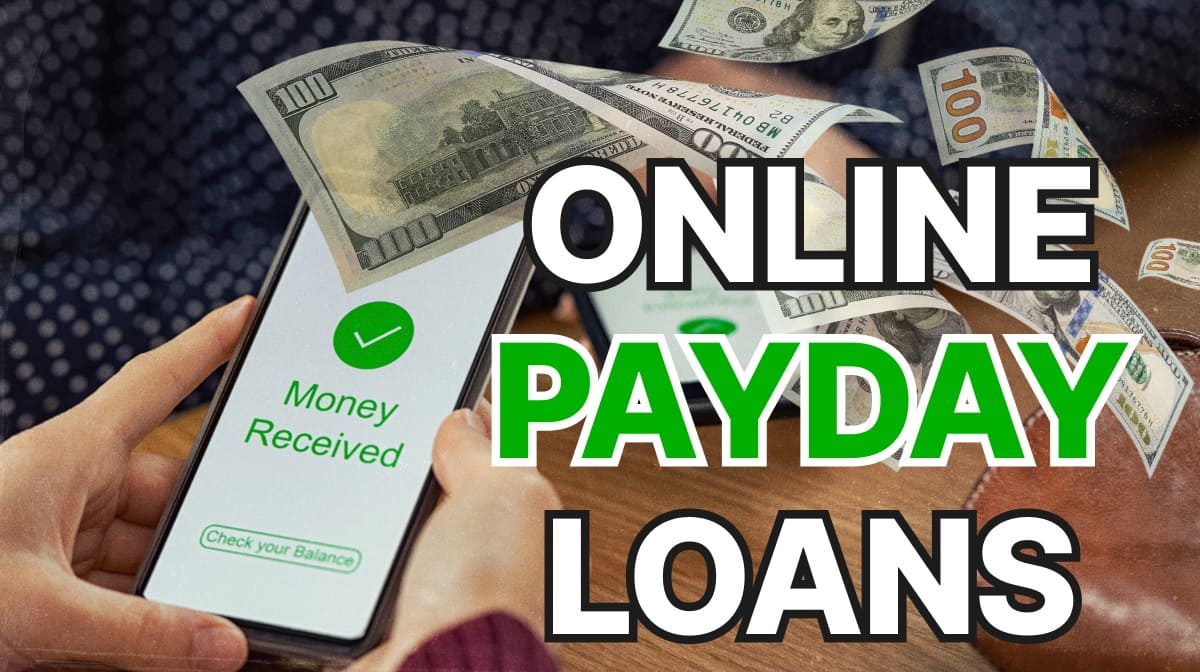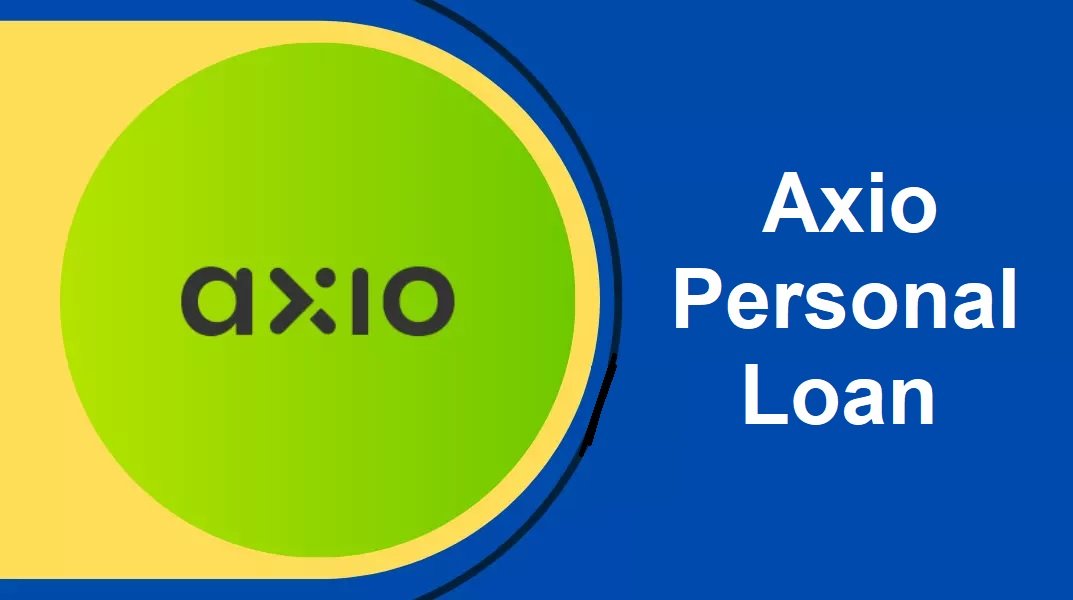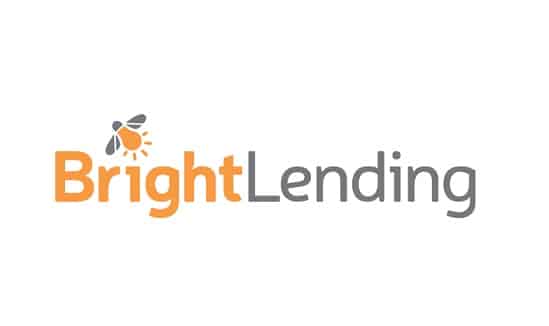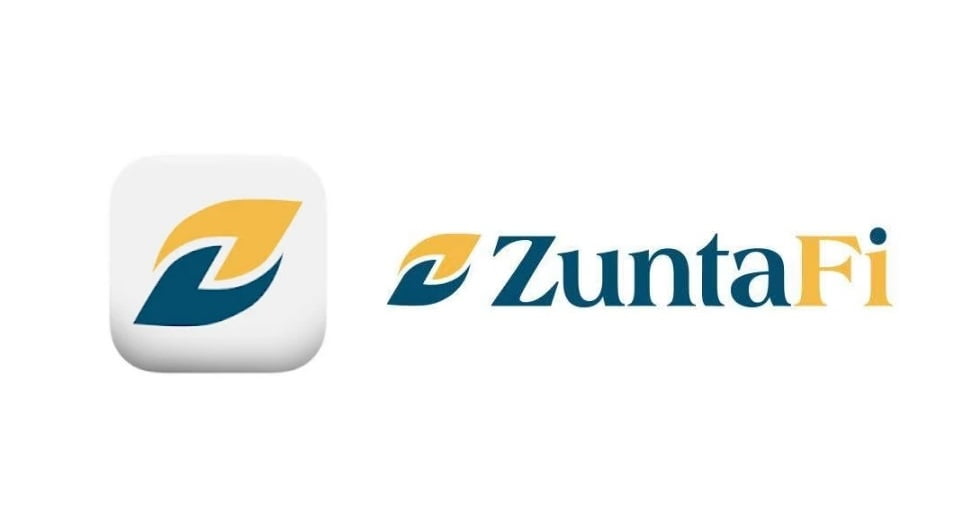Online Payday Loans Reviews 2026

Payday loans, also known as cash advance loans, are short-term unsecured loans that provide borrowers with quick access to cash. These loans are intended to help borrowers cover expenses until their next paycheck. In this comprehensive guide, we will cover everything you need to know about payday loans online, including how they work, pros and cons, costs, alternatives, FAQs, and more.
What are Payday Loans Online and How Do They Work?
Payday loans are small-dollar loans, typically between $100 and $1,000, that are meant to provide emergency cash until the borrower receives their next paycheck and repays the loan.
To get a payday loan online, the borrower provides personal identification information, bank account details, and the date of the next payday. The lender will check basic information, but does not do a full credit check or assess the ability to repay.
If approved, the borrower will get the loan funds deposited directly into their bank account, usually within one business day. Then, on the borrower’s next payday, the loan principal and fees are automatically deducted from their account.
Payday loans are designed to be repaid in one lump sum payment within two to four weeks, or whenever the borrower receives their next paycheck. These loans will have very high-interest rates because they do not require good credit and are high risk for lenders.
Pros of Payday Loans
- Quick access to cash– Borrowers can complete an application online in minutes and receive funds as soon as the next business day. This makes payday loans ideal for unexpected expenses that require immediate cash.
- No credit check– Payday lenders generally do not run intensive credit checks. As long as you have a bank account anda valid ID, you have a good chance of being approved.
- Accessible to those with poor credit– Regular personal loans are rarely an option for borrowers with low credit scores. Payday loans are more attainable as long as you have a steady income.
- Straightforward requirements– The application process is simple and requires minimal paperwork. All you need is ID, bank account/routing numbers, employment info, and contact details.
- Regulated industry– Reputable payday lenders are regulated and must operate within particular laws that protect consumers. Look for membership in the Online Lenders Alliance.
Cons of Payday Loans
- Very high interest rates– Payday loans can carry APRs from 200% to 500%. The fees add up quickly and can trap borrowers in cycles of debt.
- Short repayment term– The standard 2-4 week repayment term may not align with the borrower’s pay cycle, making it difficult to repay in one lump sum.
- Fees and penalties– Payday loans come with origination fees and late payment penalties. Defaulting on a payday loan can badly impact your credit score.
- Potential debt spiral– Borrowers often take out new loans to repay old ones. Interest, fees, and penalties can quickly snowball out of control.
- No installment plans– Payday loan providers do not offer repayment plans or long-term loans. The full balance is due at once, on your next pay date.
- Unscrupulous lenders– Some predatory lenders use aggressive collection tactics or charge hidden fees. Only use reputable, licensed payday lenders.
Costs and Fees of Online Payday Loans
Payday loans are notorious for having high costs. Here are some typical fees to expect with an online payday loan:
- Origination or loan processing fee – $10 to $30 per every $100 borrowed.
- APR (annual percentage rate) – The typical APR ranges from 200% to 500%, sometimes even higher.
- Late fee – Around $15 to $30 assessed if payment is late or missed.
- NSF fee – $15 to $35 fee if automatic debit is returned due to insufficient funds.
- Renewal or rollover fee – $45 to $60 each time a loan is rolled over into a new loan term.
To minimize fees, only borrow what you need, read the fine print, and avoid late/missed payments.
Payday Loan Alternatives
Before deciding to take out a payday loan online, consider some alternative options:
- Ask for an advance– Your employer may be able to provide an advance on your paycheck or flexible pay arrangements.
- Apply for a personal installment loan– Banks and credit unions provide installment loans with lower rates and longer repayment terms.
- Use a credit card– Although credit card interest rates are steep, they are still much lower than payday loan rates.
- Borrow from family or friends– People you know may be able to provide a zero-interest or low-interest loan. Offer to sign an agreement.
- Use a peer-to-peer lending platform– Sites like Prosper and Lending Club connect borrowers with individuals who want to provide personal loans.
- Look into government aid programs– Federal, state, and local programs may provide emergency cash assistance.
- Access your retirement funds– Withdrawing funds from a 401k or IRA should be a last resort, but can provide lower-interest cash.
- Seek nonprofit assistance– Organizations like United Way may be able to provide aid or direct you to resources.
Payday Loan FAQs
Q: What do I need to qualify for an online payday loan?
A: The requirements for a payday loan are minimal. Usually, you need to be 18+ years old, have an active checking account, have regular employment for 1-3 months, and provide identity verification. Your credit score or history is generally not checked.
Q: How long does it take to get payday loan funds deposited?
A: Online payday lenders transfer approved funds electronically, so you can receive your loan in one business day after approval. Some receive funds in as little as a few hours.
Q: Can I get a payday loan with no credit check?
A: Yes, most online payday lenders perform no hard credit check or only a soft credit check that does not hurt your score. Your actual credit score/history is usually not a factor in the approval decision.
Q: Are online payday loans safe?
A: If used responsibly and repaid on time, payday loans can be a viable short-term lending option. Be sure to use reputable lenders that are transparent about full terms and members of trade groups like the Online Lenders Alliance.
Q: What happens if I default on a payday loan?
A: Defaulting on a payday loan can result in returned payment fees, additional interest, collection calls, potential lawsuits, wage garnishment, and major damage to your credit score. Always make on-time payments and contact your lender if you foresee issues.
Q: Can I get more than one payday loan at a time?
A: It is possible to receive multiple payday loans from different lenders at the same time, but this is very risky and will make repayment extremely difficult. Avoid taking out overlapping loans.
Q: What are the signs of a predatory payday loan?
A: Warning signs of predatory lending include interest rates over 500% APR, immediate access to a bank account, requiring access to a car title as collateral, no consideration of ability to repay, or threatening language on nonpayment.
Q: What do I need to provide for a payday loan application
A: Typical requirements are government ID, proof of income, bank statements, Social Security number, employer details, and contact/address history for the past 2-3 years. The required documents depend on each lender.
Conclusion
Payday loans can serve as a quick financial fix in a pinch, but borrowers must approach them with caution. Be sure to compare lenders, read the fine print, confirm costs/terms, borrow only what you need, and have a concrete repayment plan. While payday loans are an option for those in need, they should not be used as a long-term solution. Consider all alternatives first and use payday lending sparingly and responsibly.



